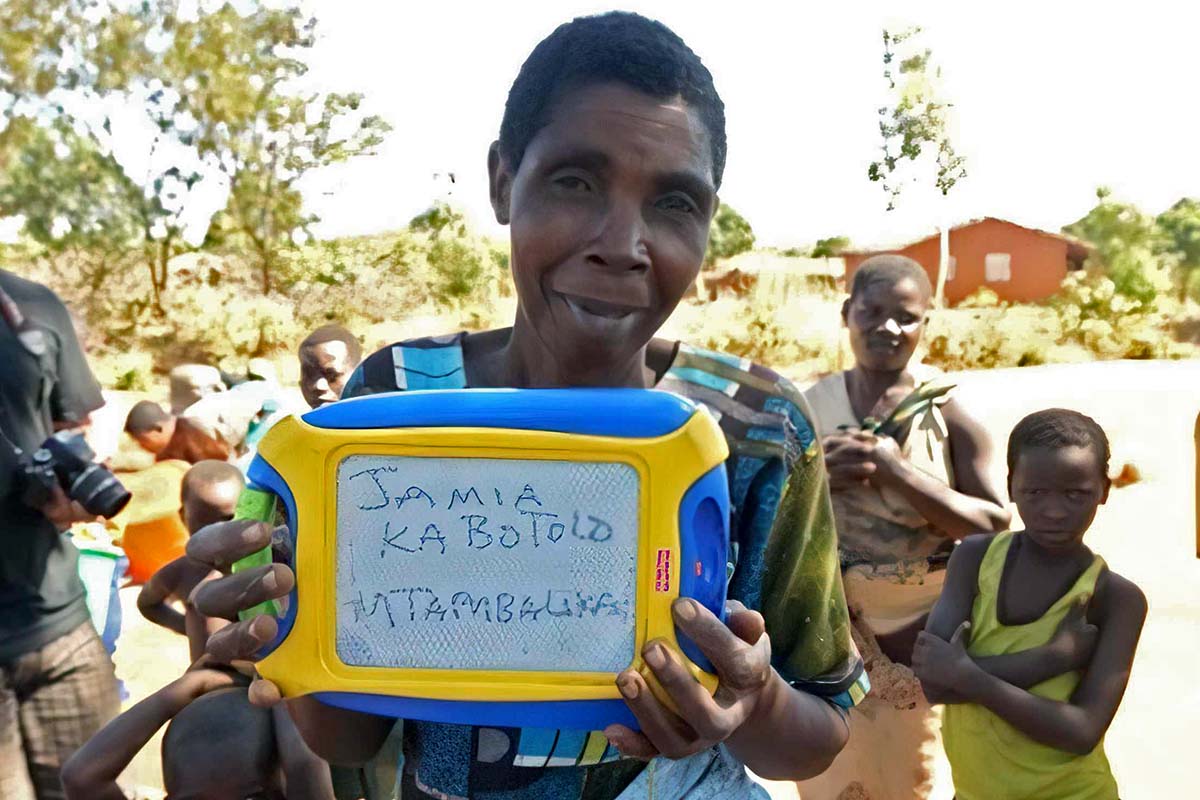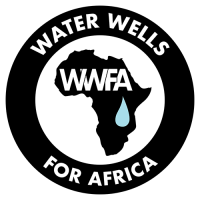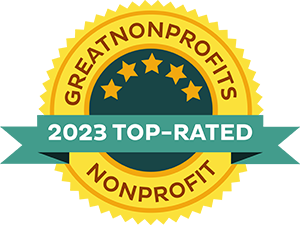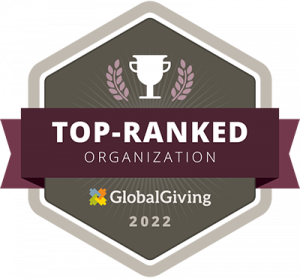By Founder and President Kurt Dahlin
Every time we return to a village to see how the equipment is holding up and how the people are doing, we hear that waterborne diseases have been eradicated.
One such example was on Thursday June 4th 2015.
Our team was finishing our inspection tour leaving Phalombe and heading back to Blantyre. It was another hot and clear day.
On the way we inspected our 30th borehole at Mtambalika Village. It was installed eight years earlier on July 5th 2007.
A crowd quickly gathered at the water well to welcome the visitors. So we had a chance to celebrate eight years of clean pure sustainable water. The local water committee was second generation and continued to maintain their water well. They have repaired the borehole themselves “many times” without any outside assistance.
The water is sweet and gives plenty of water every day for eight years. Seventy families use this well! There were by now at least 50 women, young girls and children gathered to collect water and see the visitors. I asked them about the cases of waterborne diseases. They shouted joyfully, “Palibe” which in Chichewa means “none at all.”
Shortly a large group of men gathered to see what was going on. I greeted them cheerfully in Chichewa (their language). I asked them about the health benefits of the borehole to see if they would confirm the women. John Mlatho said, “In eight years there have been no cholera and no diarrhea.” All the men nodded and everyone agreed, “Kwambiri.”
Jamia Kabotolo, a lady from the local village, was so grateful even after eight years. “There were high rates of waterborne diseases and people died every year. This water is good. Cholera is now history.”
I was so overjoyed to find this water well still functioning perfectly after eight years. At WWFA we are dedicated to water sustainability. It is very rewarding to experience firsthand the long-term productivity of our Community-Based Maintenance training.





